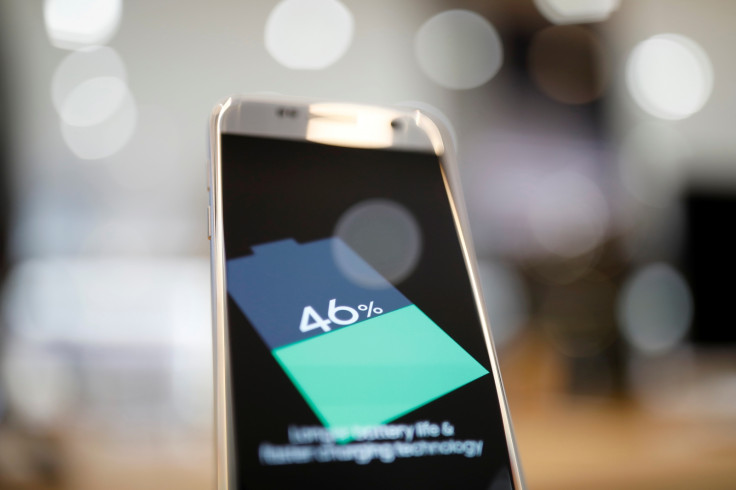Researchers introduce faster-charging, non-combustible and longer-lasting battery technology
The new 'all-solid-state battery cells' have 3 times more energy density than the current lithium-ion batteries.

Researchers have developed the "first all-solid-state battery cells" that might give faster-charging and longer-lasting rechargeable batteries for mobile devices, electric cars as well as stationary energy storage in the near future.
The low-cost battery is developed by a team of engineers led by John Goodenough, who is a professor in the Cockrell School of Engineering at The University of Texas at Austin. He is co-inventor of the lithium-ion battery, too.
The team claims that the non-combustible battery has a longer life along with a high volumetric energy density and fast rates of charge or discharge.
The new battery cells have 3 times more energy density in than the current lithium-ion batteries. It also allows a greater number of charging and discharging cycles, which results in longer battery life and faster rate of recharge.
"Cost, safety, energy density, rates of charge and discharge and cycle life are critical for battery-driven cars to be more widely adopted. We believe our discovery solves many of the problems that are inherent in today's batteries," 94-year-old Goodenough said.
Generally, in order to transport the lithium ions between the anode and the cathode lithium-ion batteries use liquid electrolytes. However, if a battery cell is charged quickly, dendrites might be formed. Dendrites can cross pass the liquid electrolytes resulting in a short circuit that can lead to fires.
But in this case, researchers rely on glass electrolytes that enable the use of an alkali-metal anode without the formation of dendrites.
According to the developers, the alkali-metal anode increases the energy density of a cathode, while delivering a long cycle life. The team demonstrated more than 1,200 cycles with low cell resistance. They claim this all-solid battery cell, made from earth-friendly materials, can operate under 60 degree Celsius.
"The glass electrolytes allow for the substitution of low-cost sodium for lithium. Sodium is extracted from seawater that is widely available," said Maria Helena Braga, Cockrell School senior research fellow, who is also a part of the research team behind the battery technology.
© Copyright IBTimes 2025. All rights reserved.





















